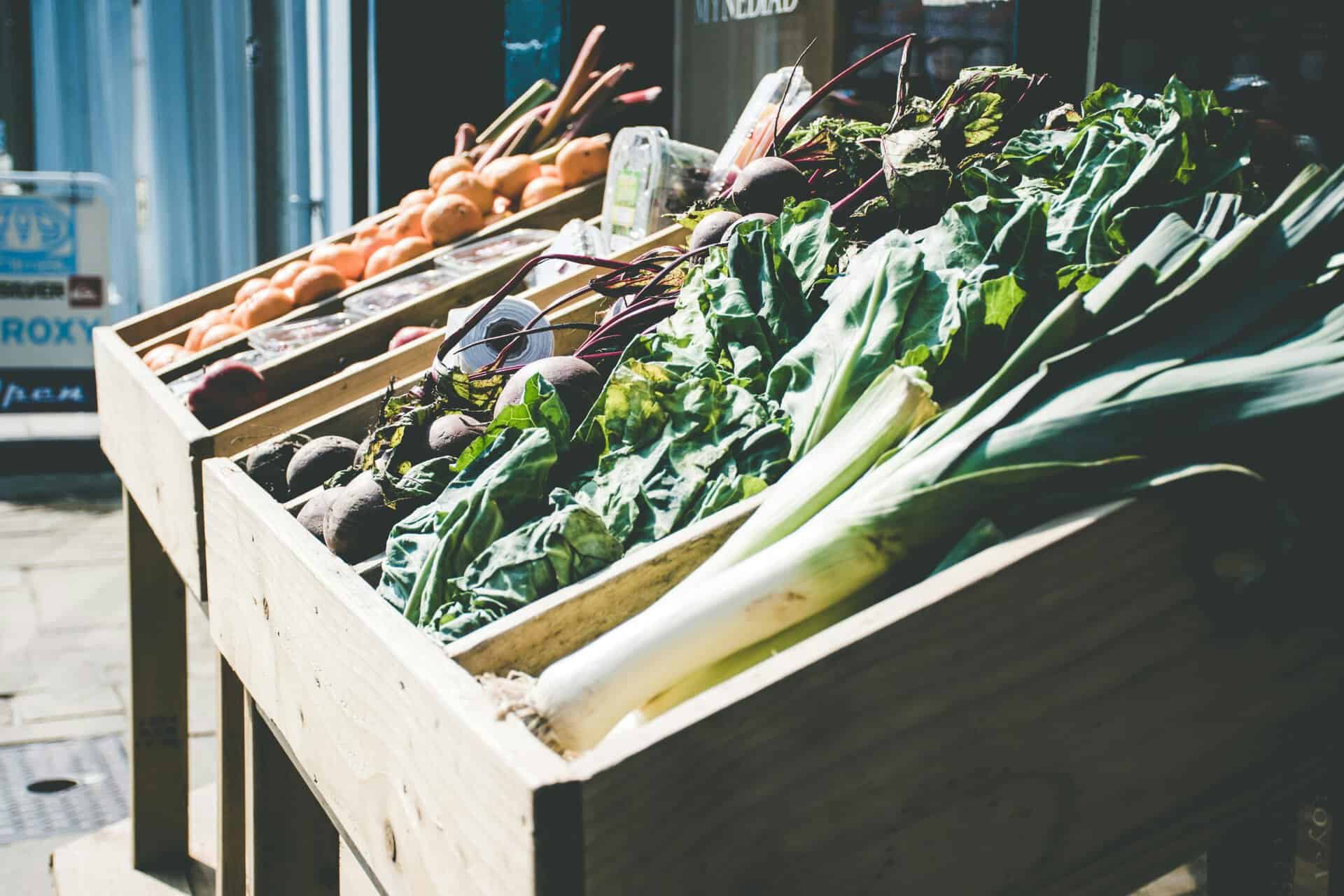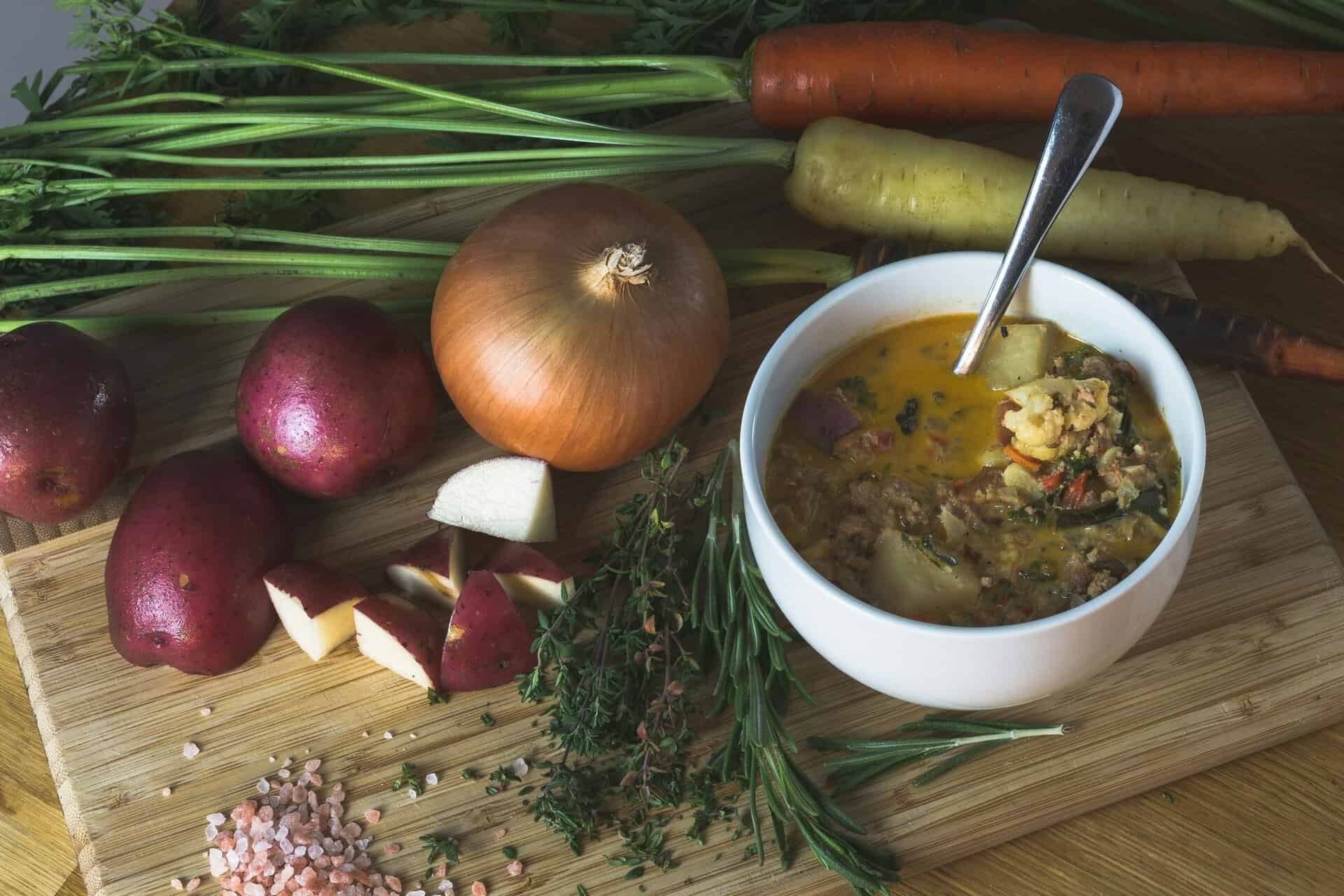Gut Health Meets Fall Food: A New Seasonal Guide to Digestive Wellness | Bonus 5 Recipes
As the seasons shift and autumn settles in, the body naturally craves warmth, grounding, and nourishment. Fall food—root vegetables, squashes, fermented staples, and warming spices—offers more than comfort. When chosen wisely, these ingredients become allies in supporting gut health, a cornerstone of overall well-being.
Gut health refers to the balance and vitality of the digestive system, particularly the microbiome. This internal ecosystem influences everything from immunity to mood, and fall food provides a unique opportunity to nurture it. In this guide, we’ll explore how seasonal ingredients support gut health, who should be mindful when adjusting their diet, and which recipes act as true gut health superheroes.
Why Gut Health Deserves Seasonal Attention
The gut is more than a digestive organ—it’s a dynamic interface between the body and the outside world. It houses trillions of microbes that help regulate:
- Immune function
- Nutrient absorption
- Hormonal balance
- Mental clarity and mood
During fall, the body undergoes subtle shifts in metabolism and immunity. Cooler temperatures and shorter days can affect digestion and energy levels. Gut-healthy food, especially fall food rich in fiber, probiotics, and anti-inflammatory compounds, helps the body adapt to these seasonal changes. Taking you into the winter months, more physically prepared.
What Makes Fall Food Gut Healthy?
Fall food shines when it comes to gut health. Here’s what to look for:
- Prebiotic-rich vegetables: Leeks, onions, garlic, and Jerusalem artichokes feed beneficial bacteria.
- Fermented staples: Sauerkraut, kimchi, miso, and kefir introduce live cultures to the gut.
- Fiber-dense produce: Squash, apples, pears, pumpkins, and root vegetables help regulate digestion.
- Warming spices: Ginger, turmeric, and cinnamon soothe inflammation and support gut lining integrity.
Together, these ingredients form the backbone of gut-healthy food during the fall season.
Who Should Be Cautious with Gut-Healthy Fall Food?
While gut-healthy food is generally beneficial, certain individuals may need to tailor their intake:
- People with IBS or IBD: High-FODMAP foods like onions and garlic may trigger symptoms.
- Those recovering from antibiotics: A gradual reintroduction of probiotics is often recommended.
- Individuals with SIBO: Fermented foods and excess fiber may worsen bloating or discomfort.
- Autoimmune conditions: Some gut stimulants can provoke immune responses.
Personalization is key. Consulting a healthcare provider before making major dietary changes ensures safety and effectiveness.
Gut Health Superhero Recipes for Fall

These meals combine gut-healthy food with seasonal flair, offering comfort and function in every bite.
1. Roasted Squash and Leek Soup with Turmeric
A creamy blend of fiber-rich squash, prebiotic leeks, and anti-inflammatory turmeric. Ideal for chilly evenings and gentle digestion.
2. Fermented Apple Slaw with Cabbage and Carrots
This crunchy slaw uses fermented apples and cabbage to deliver probiotics with fall flavor.
3. Miso-Glazed Root Vegetables with Brown Rice
Miso provides gut-friendly cultures, while roasted carrots, parsnips, and sweet potatoes offer fiber and grounding warmth.
4. Overnight Oats with Pears, Kefir, and Chia
A probiotic-rich breakfast that blends seasonal fruit, omega-3s, and gut-soothing textures.
5. Kimchi Pumpkin Stir-Fry with Quinoa
A bold, spicy dish that pairs fermented kimchi with beta-carotene-rich pumpkin and protein-packed quinoa.
Final Thought
Gut health and fall food are a natural pairing. As the season invites introspection and warmth, nourishing the digestive system becomes a quiet act of self-care. Whether through soups, slaws, or fermented sides, these meals offer more than flavor—they support the body’s inner ecosystem and prepare it for the colder months ahead.
Disclaimer: This article is for informational purposes only and does not constitute medical advice. Individuals with digestive or autoimmune conditions should consult a healthcare professional before making dietary changes.







